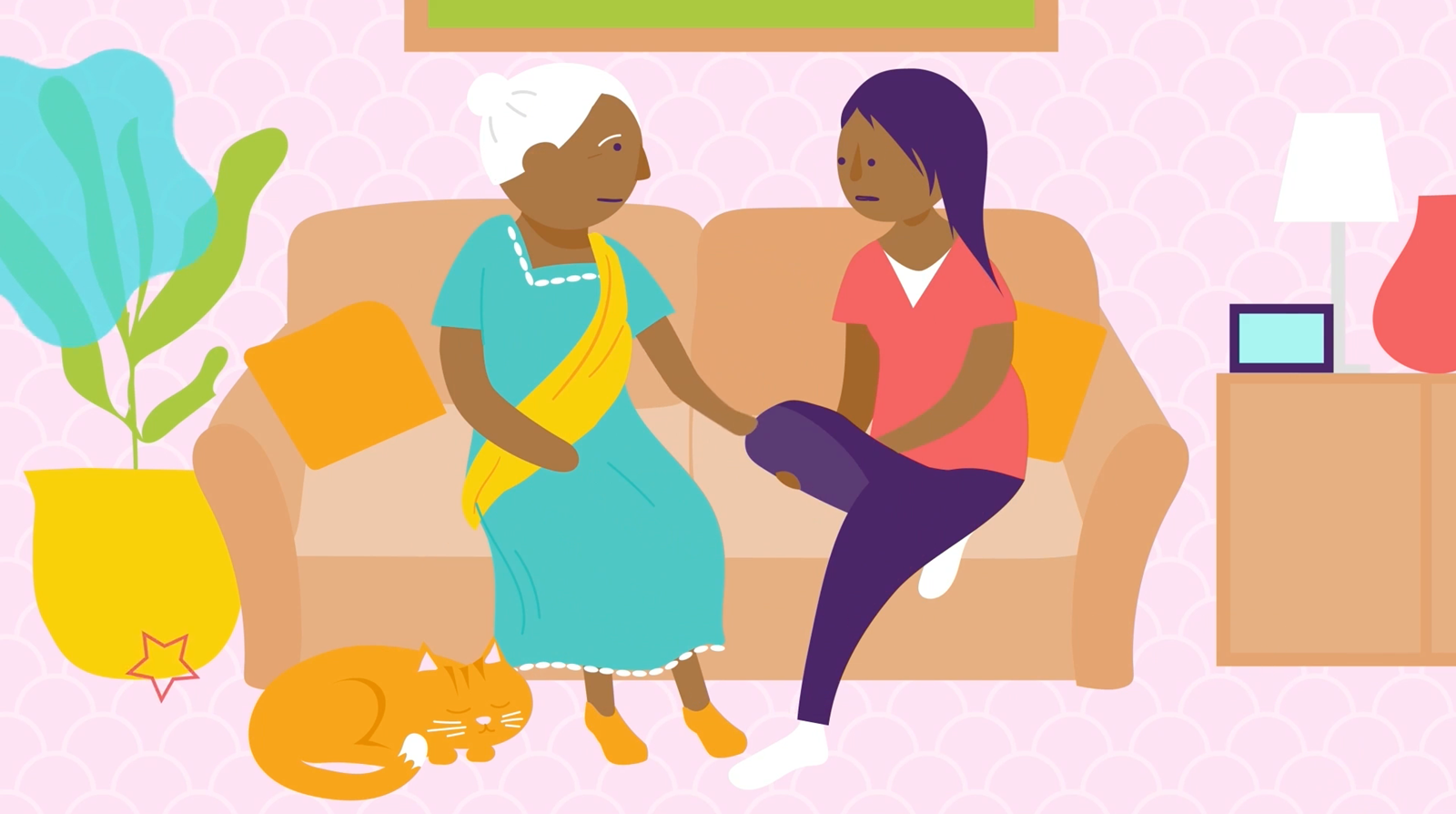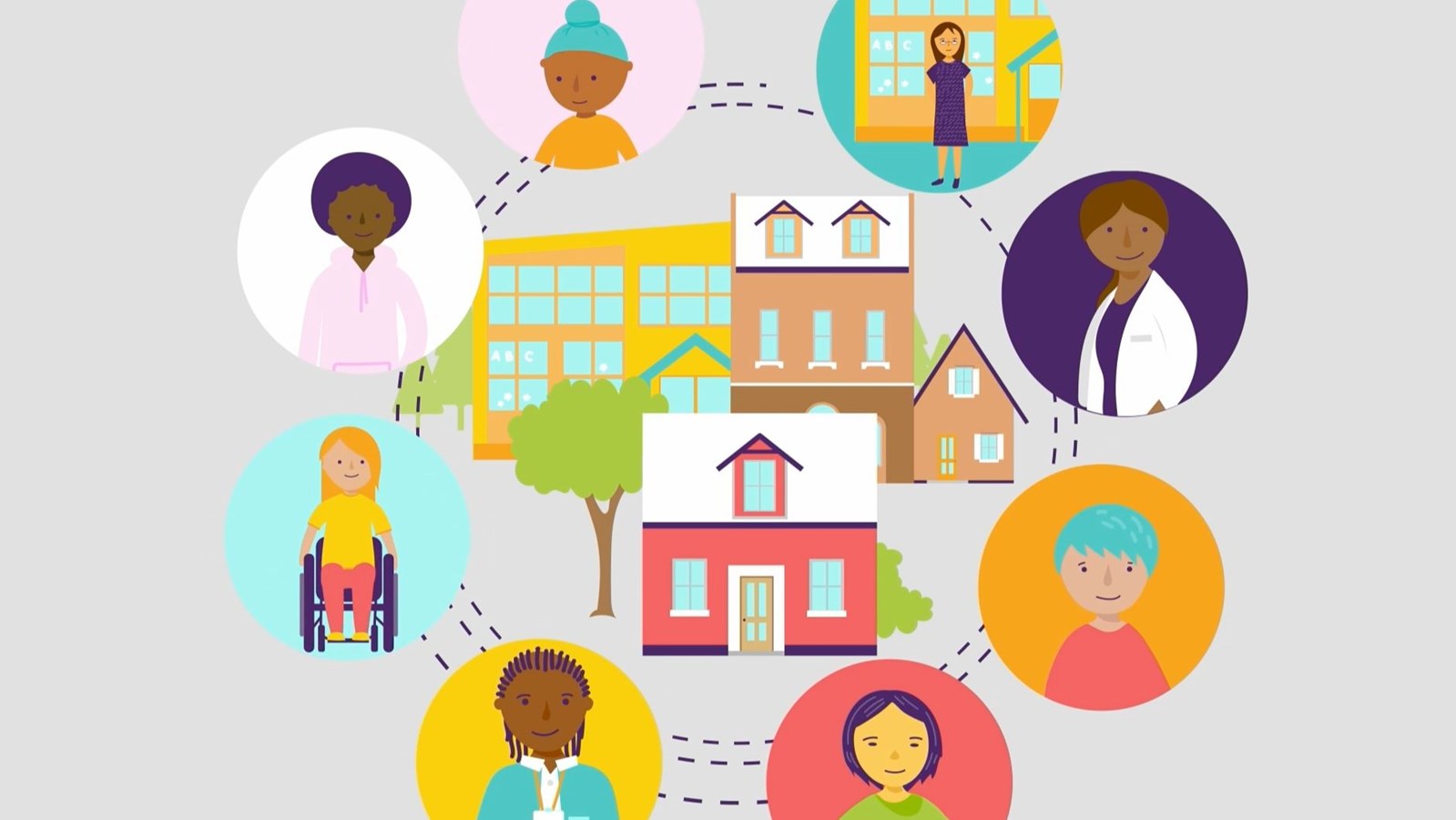Mental Health Matters: You Are Not Alone
Welcome to the first of our Mental Health Matters series of 黄色视频 articles that highlights issues and challenges identified by our school counsellors and psychologists as ones commonly experienced by students of all ages. The series begins with an overview that reminds students, families and staff that support is always available and they never have to face challenges alone.
As the days grow shorter and we settle in to a darker season, many of us may find ourselves grappling with a condition called , which can have a profound impact on mental health and well being. SAD has the potential to not only bring about, but also intensify pre-existing negative thoughts and emotions, making them challenging to navigate and cope with.
SAD is just one of the many mental health challenges students may face throughout the year. While some may be triggered by changing seasons or the time of year, other issues may be spurred by school pressures, social situations, life changes or even global events.
Mental health encompasses an individual's perception of themselves and the world around them. It can sometimes be challenging for people to pinpoint the root cause of their emotions or behaviors, leaving them in a state of uncertainty. They may find themselves wrestling with negative thoughts or actions without a clear understanding of why. Conversely, in some cases, individuals may be aware of the source of their distress, yet they feel helpless in their ability to improve their own well-being or circumstances.
It's during these times that we want to remind our community that support is available and that you are never alone when navigating challenges.
“It happens to all of us and it really is more common than people think,” said Tajinder Rai, district resource counsellor with 黄色视频. “When mental health issues arise, people often feel like they’re the only ones going through it, and more often than not, that’s not the case.”
According to Rai, when something is causing distress or unease in someone’s life, there can be a sense of shame or embarrassment that accompanies the negative feelings.
“This can sometimes make it harder for them to seek support, which is why it’s important for everyone to know that there’s nothing to feel ashamed of,” he said.
In order to get ahead of those feelings, Rai said, it’s important that students and families know there are district and community resources and supports available to them, should they ever need it. That support can come in the form of counsellors, coping exercises, health professionals and more.
“We want to improve that literacy around navigating those feelings and ensure that every member of our community knows that if they ever need help, it’s readily available to them,” he said. “Part of that literacy is removing stigmas around feeling a certain way and giving students the language and knowledge to express what they’re feeling.”
In recent years, even prior the pandemic, Rai said he’s seen more discussion and awareness around mental health. Those conversations were further boosted by the subsequent lockdowns and restrictions COVID-19 brought.
“We’re thankfully seeing a lot more conversations about that with this generation and even just by having those initial conversations, it creates a social understanding that feeling a certain way is common,” he explained. “Once that initial awareness has started, it makes it easier for anyone going through mental health struggles to understand what they’re feeling and what they can do about it.”
Rai emphasized another critical element in destigmatizing mental health support – the ability to identify when others may be in need. Whether it's a noticeable change in the behaviour of a friend or family member or observing someone who is displaying uncharacteristic withdrawal and detachment, extending our awareness beyond our own needs contributes significantly to strengthening the fabric of our community.
To help raise awareness of mental health and the supports available, 黄色视频 has created a series of animated videos exploring different mental health-related topics. You Are Not Alone, reminds students that they do not need to manage their struggles on their own and that they can reach out to those around them for help. There are two versions of the You Are Not Alone video available, and another for .
There are two versions of the You Are Not Alone video available, and another for .
Each video also has a corresponding teacher guide to support classroom discussions about the topic in an age-appropriate manner. There is also a to all the videos, with suggestions on questions to prompt conversations, as well as community resources if families need additional support.
You Are Not Alone is also available in , , and .
To see the rest of the video series, click here, or select the topic below:
These videos were developed in partnership with Fraser Health and the Ministry of Education and Child Care, who provided financial support for the project.


